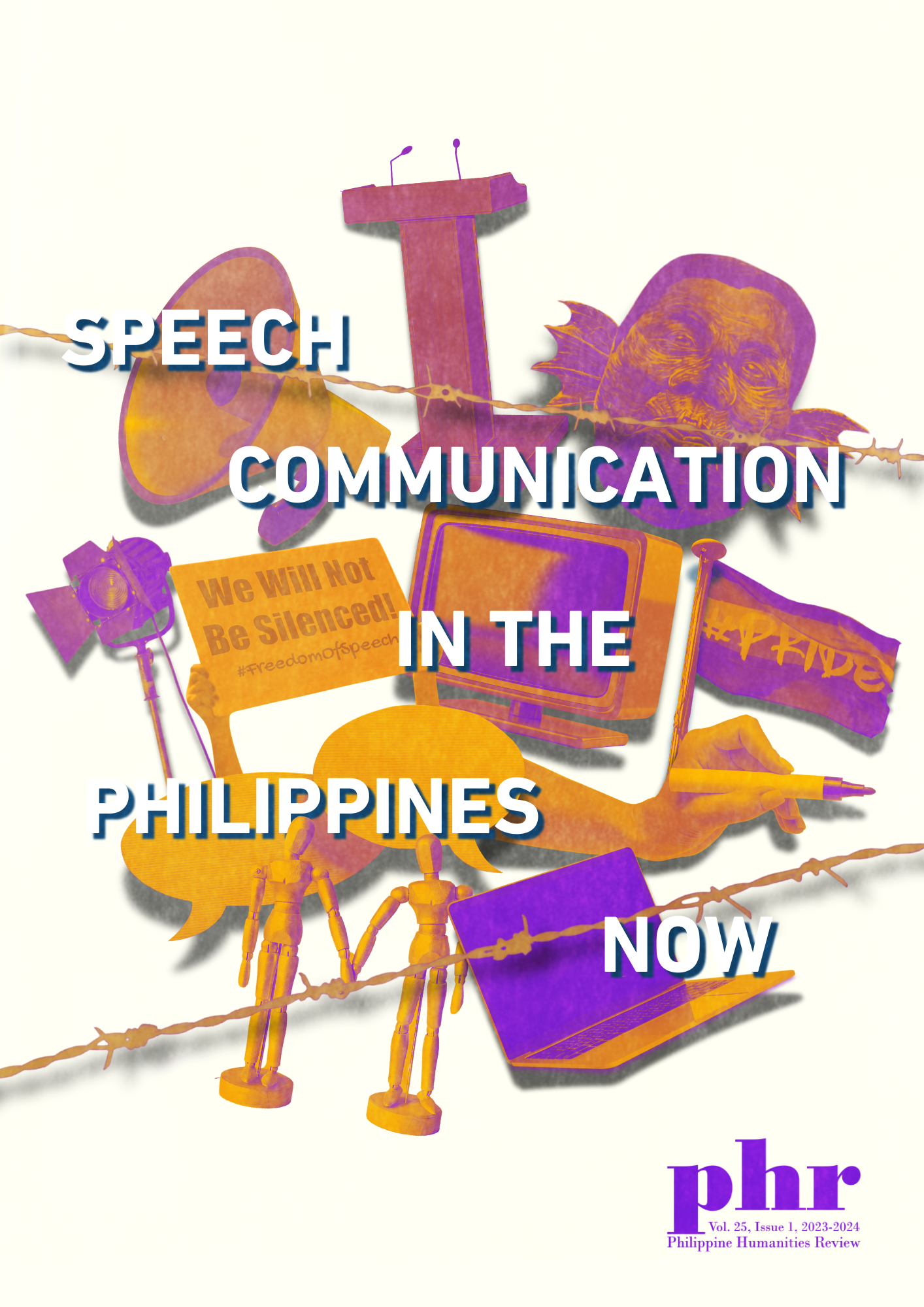The Possibilities of Indigenizing Rhetorical Theory
Abstract
The field of rhetoric is dominated by Western thought shaped by predominantly white and male thinkers. This bias has limited what and who can qualify as viable subjects of inquiry within the rhetorical field. While contemporary rhetorical scholarship has expanded its scope and embraced new subjects and methods, more work should be done to challenge the hegemony of traditional rhetorical studies. I argue that Indigenous studies is an area scholars of rhetoric can engage with to continue unsettling the Western rhetorical tradition and make the discipline more inclusive by asking new questions that expand the theoretical and methodological scope of rhetoric. Conversely, the field of rhetoric could be of service to Indigenous studies by looking into the role Indigenous rhetorics play in the larger Indigenous sovereignty and decolonization project. I take theoretical inspiration from Lloyd Bitzer who argued that “rhetoric is a mode of altering reality, not by the direct application of energy to objects, but by the creation of discourse which changes reality through the mediation of thought and action” (4). I also offer some conceptual considerations in conducting rhetorical research with Indigenous peoples, which includes redefining the “rhetorical” by using an Indigenous paradigm and privileging Indigenous methodologies. Indigenizing rhetorical theory allows us to rethink our understanding of the world and reject the colonial dichotomies of the primitive and the modern, or the savage and the cultured, that have defined our knowledge systems.


